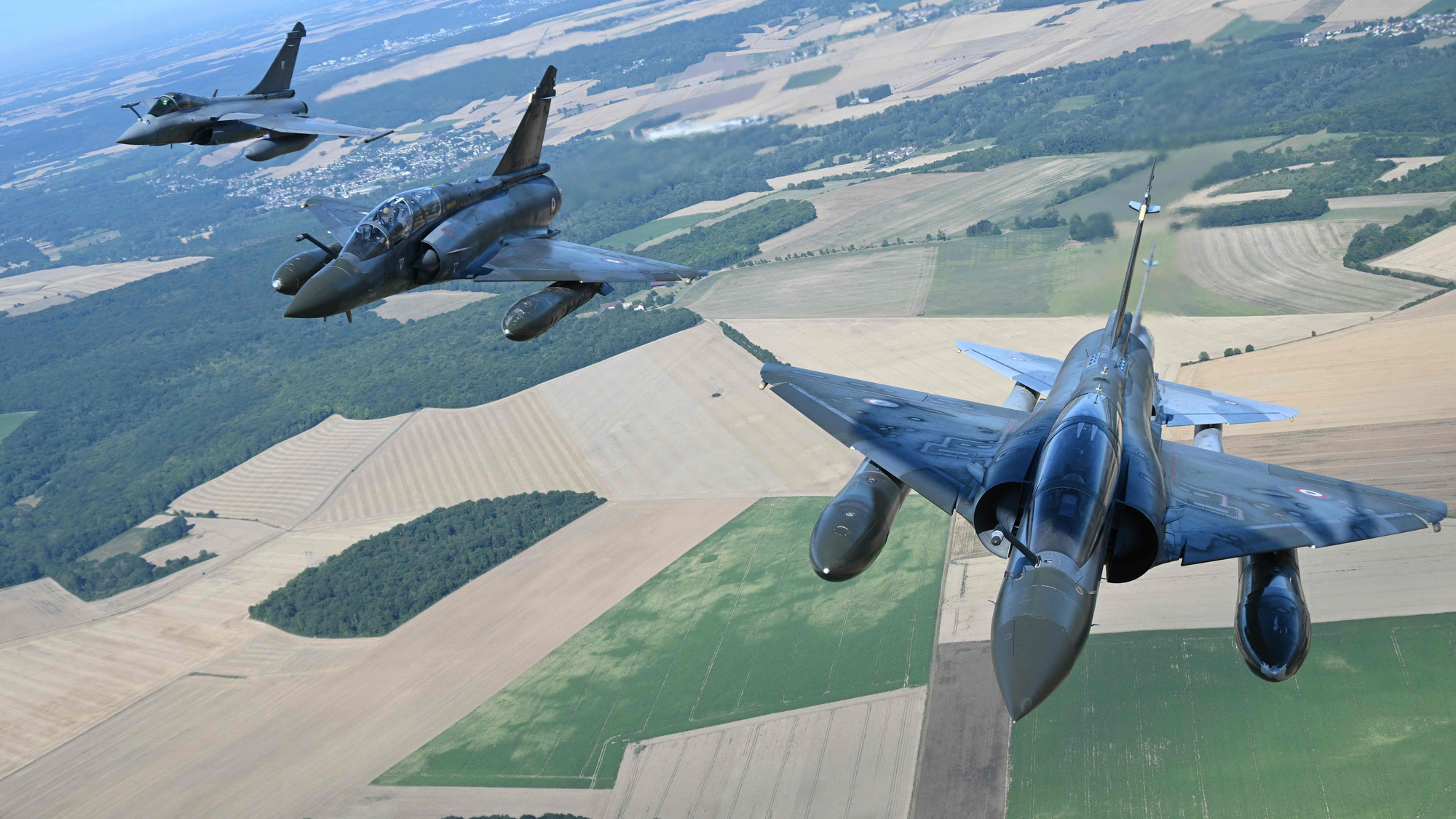France and Britain are developing plans for a "reassurance force" that would rely primarily on Western air power to enforce any future ceasefire agreement in Ukraine and deter potential Russian aggression, according to a recent Financial Times report.
The proposal represents a shift from earlier concepts suggested by European leaders, including French President Emmanuel Macron, which had emphasized large ground troop deployments. Instead, this new approach leverages Western military superiority in the air.
"The area we have a significant advantage over Russia is in the air and in [our] ability to respond to [any] flagrant abuses of a ceasefire," a Western official told the FT. "It is a punitive approach to be able to punish Russia if that were to emerge."
The official emphasized that "the whole idea is that the challenge does not emerge," suggesting that the force would serve primarily as a deterrent.
Under the current proposal, ground troops would initially focus on protecting key Ukrainian infrastructure, including ports and nuclear power stations, rather than engaging in front-line operations.
The plan would require significant US backing, with UK Prime Minister Starmer calling American support an essential "backstop."
"A US security guarantee is the only effective way to deter Russia from attacking Ukraine again," Starmer stated ahead of his upcoming meeting with President-elect Trump.
The Combined Joint Expeditionary Force, a Franco-British formation with additional European contributions, could lead the mission. The Times' defense editor, Larisa Brown, shared additional details on social media.
"Western officials have revealed their plan for a 'reassurance' force for Ukraine. It includes... less than 30,000 European-led troops deployed to key cities, ports, and critical national infrastructure sites across Ukraine. They will not be in the east [of Ukraine]," she wrote.
Brown added that the plan includes "protecting the airspace and enabling commercial flights again and the ability to "monitor and shoot those attacks down." The US would provide a "backstop" with "aircraft based in Romania and Poland ready to respond if necessary plus larger land forces on the eastern border ready to move."
Russian Foreign Minister Lavrov maintained that Moscow finds any NATO country troop presence in Ukraine unacceptable.
European Council president António Costa is currently surveying EU members about potential security guarantees for Ukraine.
Read more:
- France rejects combat troops in Ukraine while proposing limited military presence as peacekeeping option
- Paris emergency summit: much ado about nothing
- At Munich, Zelenskyy bets on European army as Ukraine's plan B

